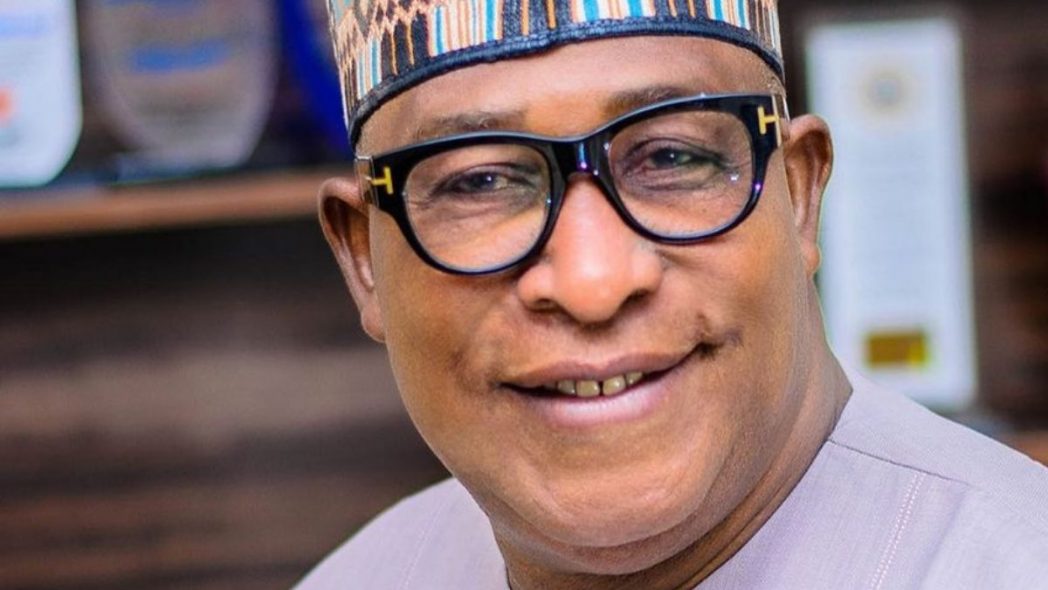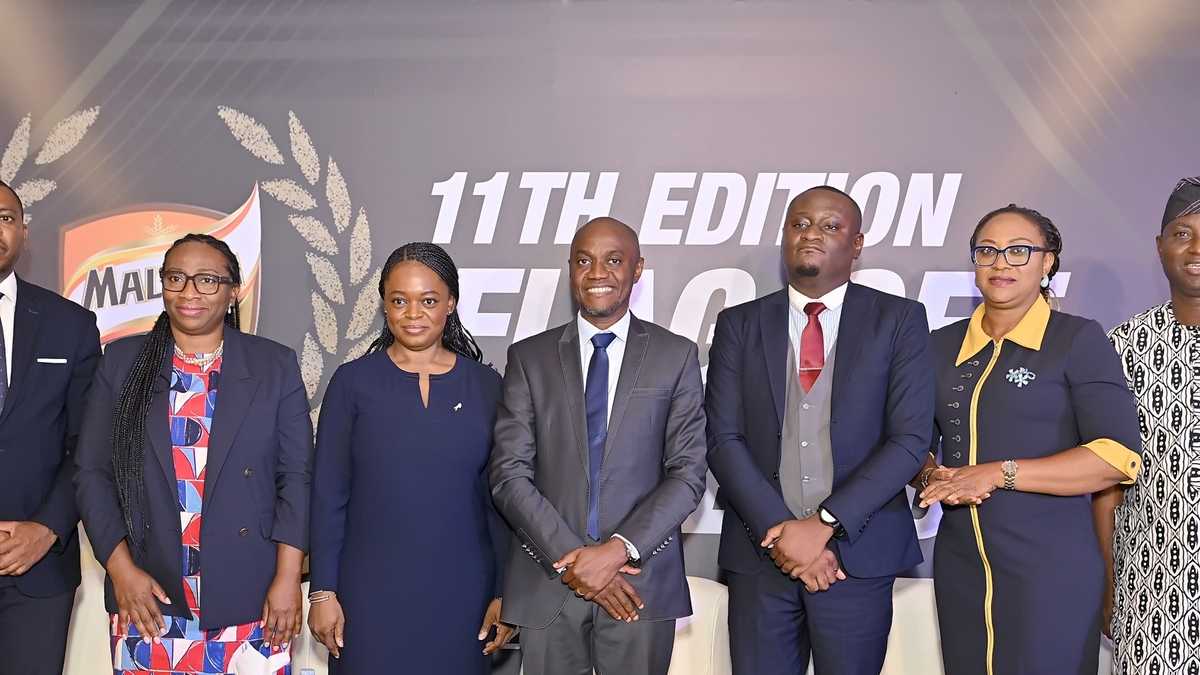advocacy02
In this episode of the AAOS Bone Beat Advocacy Podcast, Robert M. Orfaly, MD, MBA, FAAOS (left), and AAOS Advocacy Council Chair Adam J. Bruggeman, MD, FAAOS, FAOA, emphasized the importance of advocating for a more sustainable physician payment system.
The AAOS Bone Beat Advocacy Podcast has released its latest episode, “The Real-World Cost of Payment Reform for Orthopaedic Surgeons.” In the episode, AAOS Now Editor-in-Chief Robert M. Orfaly, MD, MBA, FAAOS, sat down with AAOS Advocacy Council Chair Adam J. Bruggeman, MD, FAAOS, FAOA, to discuss the evolution and current state of physician payment reform. The conversation focused on the effects of key policy changes on orthopaedic surgical practice and the need to advocate for a more sustainable and predictable payment system.
Dr. Bruggeman explained that the sustainable growth rate (SGR) was designed to control the cost of Medicare by tying physician payments to the growth of the economy. However, this system led to annual uncertainties and potentially drastic cuts in physician payments, requiring orthopaedic surgeons to lobby Congress regularly to avoid these cuts. Because physician payments have not kept pace with inflation, it has become increasingly difficult for many practices to be self-sustaining.
The Medicare Access and CHIP Reauthorization Act (MACRA) in 2015 was intended to replace the SGR with a more sustainable payment system. Dr. Bruggeman detailed the two pathways within MACRA: the Merit-Based Incentive Payment System (MIPS) and Alternative Payment Models (APMs). These pathways were intended to shift the focus from volume to value, rewarding physicians for the quality and efficiency of care they provide.
As Dr. Bruggeman explained, the implementation of MACRA has not been without its challenges. For instance, budget neutrality, which requires that any bonuses given to some physicians must be offset by penalties to others, has created a competitive environment that discourages collaboration and innovation among physicians.
Drs. Bruggeman and Orfaly also discussed how the administrative burden of complying with MIPS and APMs has made it financially unfeasible for many practices to participate, leading some physicians to opt for penalties rather than compliance. This predicament has broader implications, including the potential for reduced access to care for patients as more physicians drop out of Medicare and other insurance networks.
To address these challenges, AAOS and other medical organizations lobby members of Congress to push for legislation that ties physician pay to inflationary updates on a permanent basis. Dr. Bruggeman encouraged orthopaedic surgeons to get involved in advocacy efforts by reaching out to their members of Congress. He recommended sharing personal stories to drive home the real-world impact of payment reform on musculoskeletal care and strengthen the case for a long-term solution.
Dr. Orfaly concluded that the future of payment reform will require adaptability and a proactive approach to ensure the sustainability of orthopaedic practices and the ability to provide high-quality care to all patients.
The full podcast episode is available on the Bone Beat Orthopaedic Podcast Channel website, as well as Apple Podcasts, Spotify, YouTube, and the Health Podcast Network.









:max_bytes(150000):strip_icc()/SPXChart-240255c98b594f5c8b2c30a841873310.gif)


